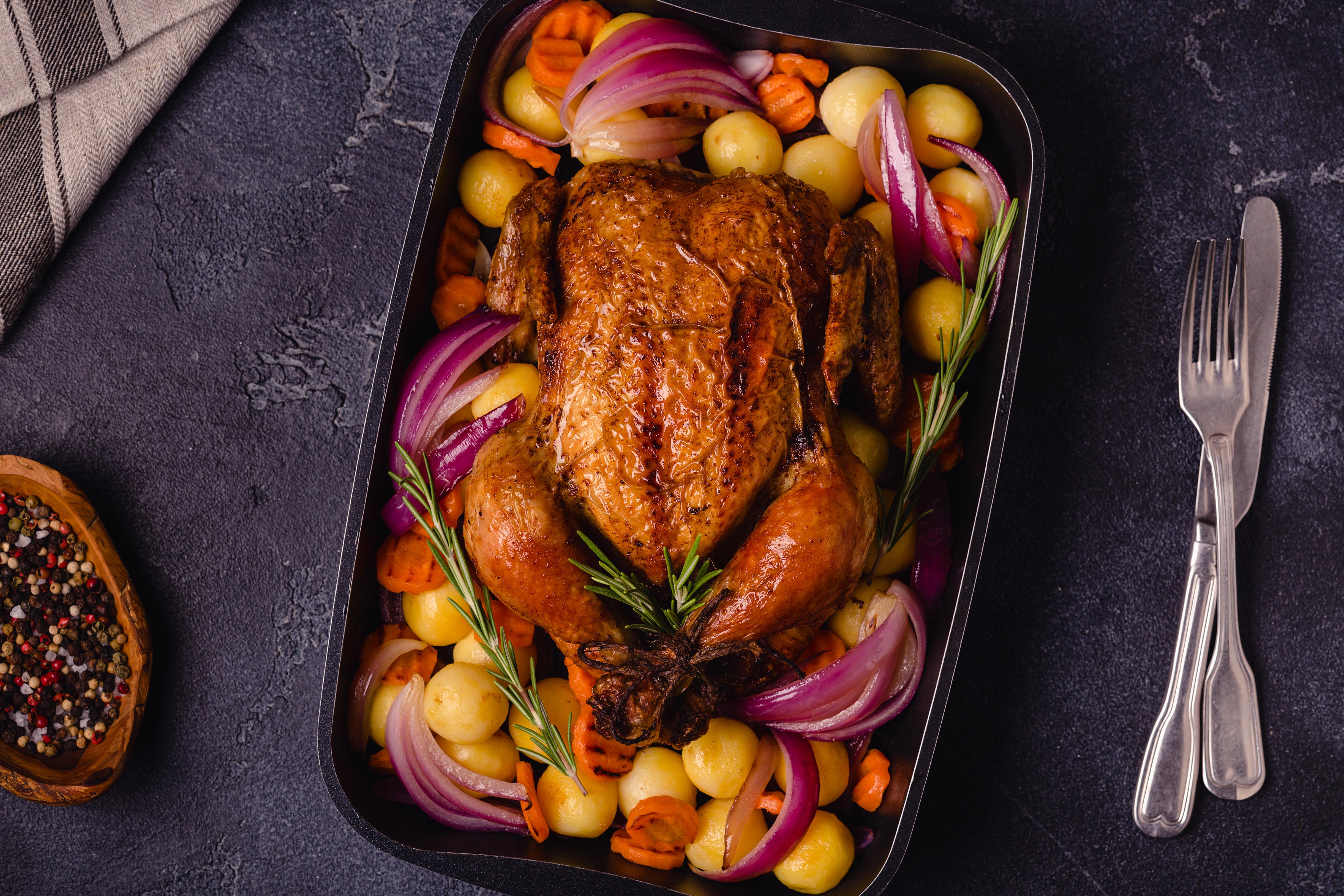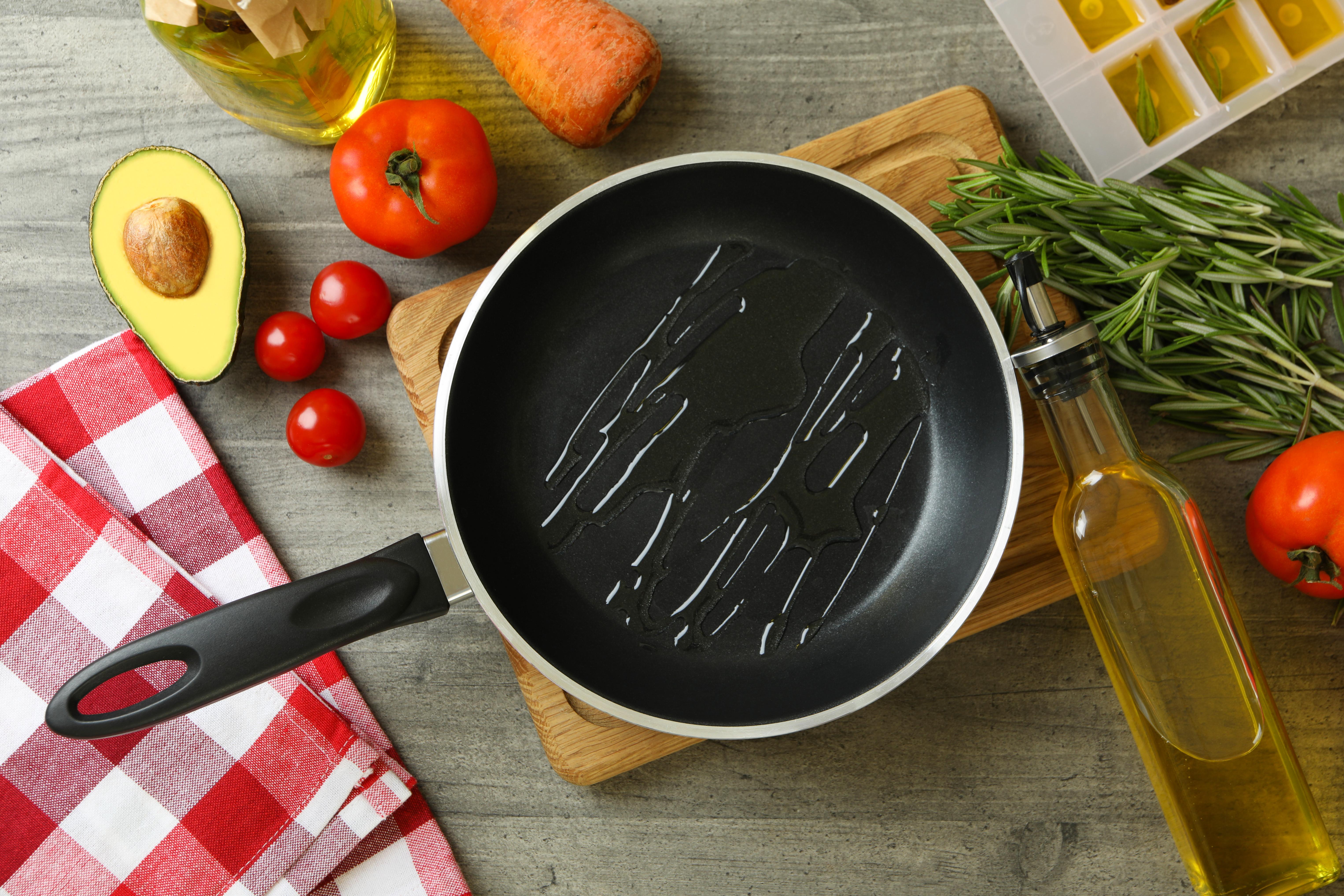A Dietitian's Guide to Lowering Cholesterol Without Medication
19. Practice Mindful Eating

Mindful eating isn't about what you eat, but how. By paying full attention to your food—its taste, texture, and smell—you can improve your relationship with it and make better choices. This practice helps you recognize your body's hunger and fullness cues, which can prevent overeating and make it easier to maintain a healthy weight. Since obesity is a major risk factor for high cholesterol, this simple shift in attention can have a profound impact. Taking time to savor your meals can reduce stress, which also indirectly benefits your heart, proving that your eating habits are as important as the food itself.
20. Cook With Olive Oil

Beyond just being a healthy fat, extra virgin olive oil is a foundational pillar of a heart-healthy diet. It’s rich in monounsaturated fats and powerful antioxidants called polyphenols that actively fight inflammation and protect your blood vessels. Unlike other fats, olive oil’s unique composition helps reduce LDL cholesterol without lowering beneficial HDL cholesterol. Drizzle it over salads, use it for sautéing vegetables, or even dip a piece of whole-grain bread in it. Making extra virgin olive oil your primary cooking fat is a simple, delicious, and effective lifestyle change with proven benefits for long-term heart health.
